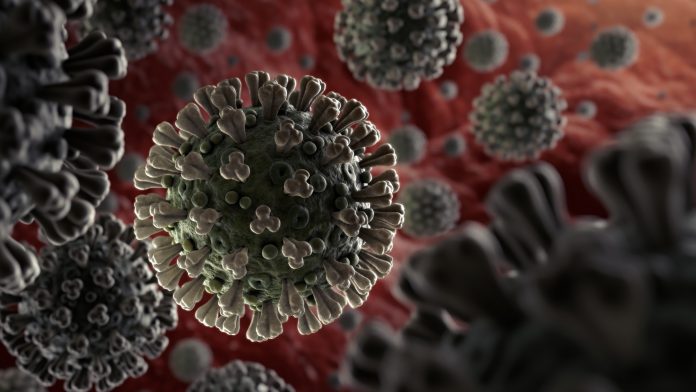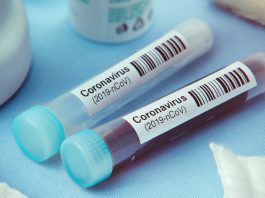Comprised of the NHS, Public Health Agencies and academic institutions, The COVID-19 Genomics UK Consortium will deliver large scale sequencing to find the cause of COVID-19.
Samples obtained from confirmed COVID-19 patients will be distributed to 13 British universities. The Wellcome Trust Sanger Institute will offer additional support to the consortium by providing large-scale sequencing capacity.
The University of Birmingham’s Nick Loman, Professor of Microbial Genomics and Bioinformatics in the Institute of Microbiology and Infection, and his team of researchers will deploy a real-time genome sequencing facility which is capable of sequencing COVID-19 genomes from patients in less than 24 hours.
Professor Loman says: “This is a remarkable collaboration which brings together Birmingham and the UK’s incredible depth of expertise and knowledge in viral sequencing and genomics. An open and distributed model of sequencing involving both academia, the NHS and our public health bodies is the right way to ensure results are delivered quickly to decision-makers.
“We are now well positioned to return deep insights into understanding the rapidly-accelerating pandemic of COVID-19, easily the most pressing infectious disease emergency we have faced in two generations in the UK.
“The government’s investment is well-timed to accelerate the pace of viral genome sequence production and ensure this information is openly available to epidemiologists and virologists worldwide. This will provide an unprecedented real-time view of COVID-19 virus evolution.”
Understanding viral evolution
In order to understand how COVID-19 is spreading in a local and international setting, it is important to understand this virus’ evolution. This would provide valuable epidemiological information in order to reveal the chains of transmission for COVID-19.
The Cloud Infrastructure for Microbial Bioinformatics (CLIMB) project recently secured funding for a further five years. This will fund the data analysis pipelines, computing and storage capacity required to analyse the large COVID-19 genome datasets produced by the consortium, as well as facilitating national and international research capabilities.
Dr Josh Quick, UKRI Future Leaders Fellow in the Institute of Microbiology and Infection, developed a method for sequencing coronavirus, this method has already been widely adopted by researchers across the world. This method builds on work previously used to trace epidemics of Ebola virus and Zika virus.
Dr Quick says: “Based on previous experiences with Ebola and Zika virus we were able to rapidly develop an approach to sequencing the COVID-19 virus rapidly using a targeted method. The importance of this method is that it works well even when only miniscule amounts of virus are present in the sample, something we commonly see. It has been used to generate the first genomes from countries including Brazil, Scotland, Wales and Northern Ireland with nanopore sequencing and we have helped over 50 groups in over 20 countries establish genome sequencing capabilities in their own labs.”









